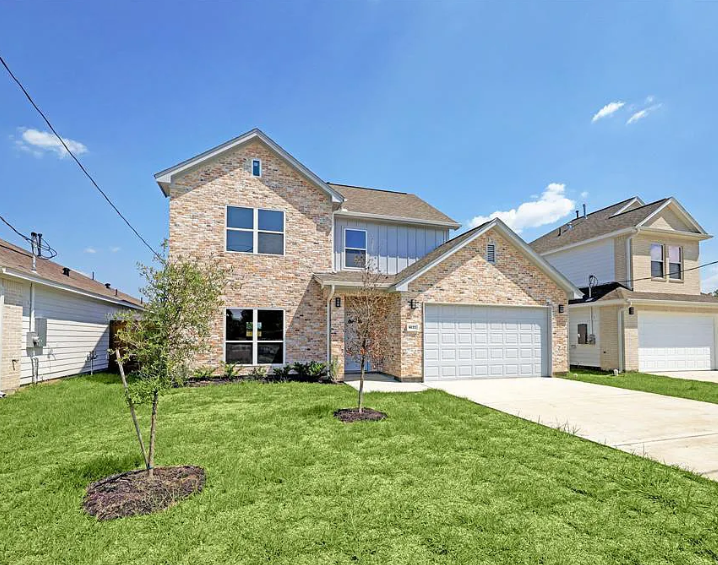The Pros and Cons of Buying a Fixer-Upper
Introduction: Are you considering buying a fixer-upper as your next home? The allure of turning a neglected property into a dream home can be exciting, but it’s important to weigh the pros and cons before making a decision. In this blog post, we’ll explore the advantages and disadvantages of buying a fixer-upper to help you determine if it’s the right choice for you.
Pros of Buying a Fixer-Upper:
- Lower Purchase Price: One of the main advantages of buying a fixer-upper is the potential for a lower purchase price compared to move-in ready homes in the same area. With a lower initial investment, you may have more flexibility in your budget to customize and renovate the property according to your preferences.
- Personalization and Creativity: Buying a fixer-upper gives you the opportunity to personalize your home to fit your specific needs and style. From choosing the paint colors to selecting materials and finishes, you have the freedom to create a space that truly reflects your personality and tastes.
- Potential for Increased Equity: By putting in the work and improving the property, you have the potential to build equity faster compared to buying a turnkey home. Renovations and upgrades can significantly increase the value of the property, allowing you to reap the financial benefits when it’s time to sell.
- Learning and Skill Development: Taking on a fixer-upper project can be a great learning experience. You’ll gain valuable knowledge about home improvement, construction, and project management. Whether you choose to tackle the renovations yourself or work with contractors, you’ll expand your skillset and may even discover a passion for home improvement.
Cons of Buying a Fixer-Upper:
- Time and Effort: Renovating a fixer-upper requires time and effort. From planning and design to obtaining permits and overseeing the construction process, it can be a demanding undertaking. If you have a busy schedule or limited time, a fixer-upper may not be the best choice for you.
- Unexpected Costs: While fixer-uppers may come with a lower purchase price, there’s a possibility of unexpected costs arising during the renovation process. As you uncover hidden issues or encounter unforeseen challenges, the expenses can add up quickly. It’s essential to have a contingency fund to cover unexpected costs and mitigate financial stress.
- Disruption and Inconvenience: Living in a home undergoing renovations can be disruptive and inconvenient. Construction noise, dust, and limited access to certain areas of the house can make daily living more challenging. If you prefer a move-in ready home without the hassle of renovations, a fixer-upper may not be the right choice for you.
- Skill and Knowledge Requirements: Taking on a fixer-upper project requires a certain level of skill and knowledge about home repairs and renovations. If you’re not comfortable with DIY tasks or lack experience in construction, you may need to rely heavily on professionals, which can increase the overall project cost.
Conclusion: Buying a fixer-upper can be a rewarding experience for those with the time, resources, and passion for home improvement. It offers the opportunity to create a personalized home, build equity, and learn valuable skills along the way. Sell your home in Virginia Beach. However, it’s essential to carefully consider the potential challenges, such as time commitment, unexpected costs, and disruption, before diving into a fixer-upper project. By weighing the pros and cons and assessing your capabilities and priorities, you can make an informed decision about whether a fixer-upper aligns with your homeownership goals.
